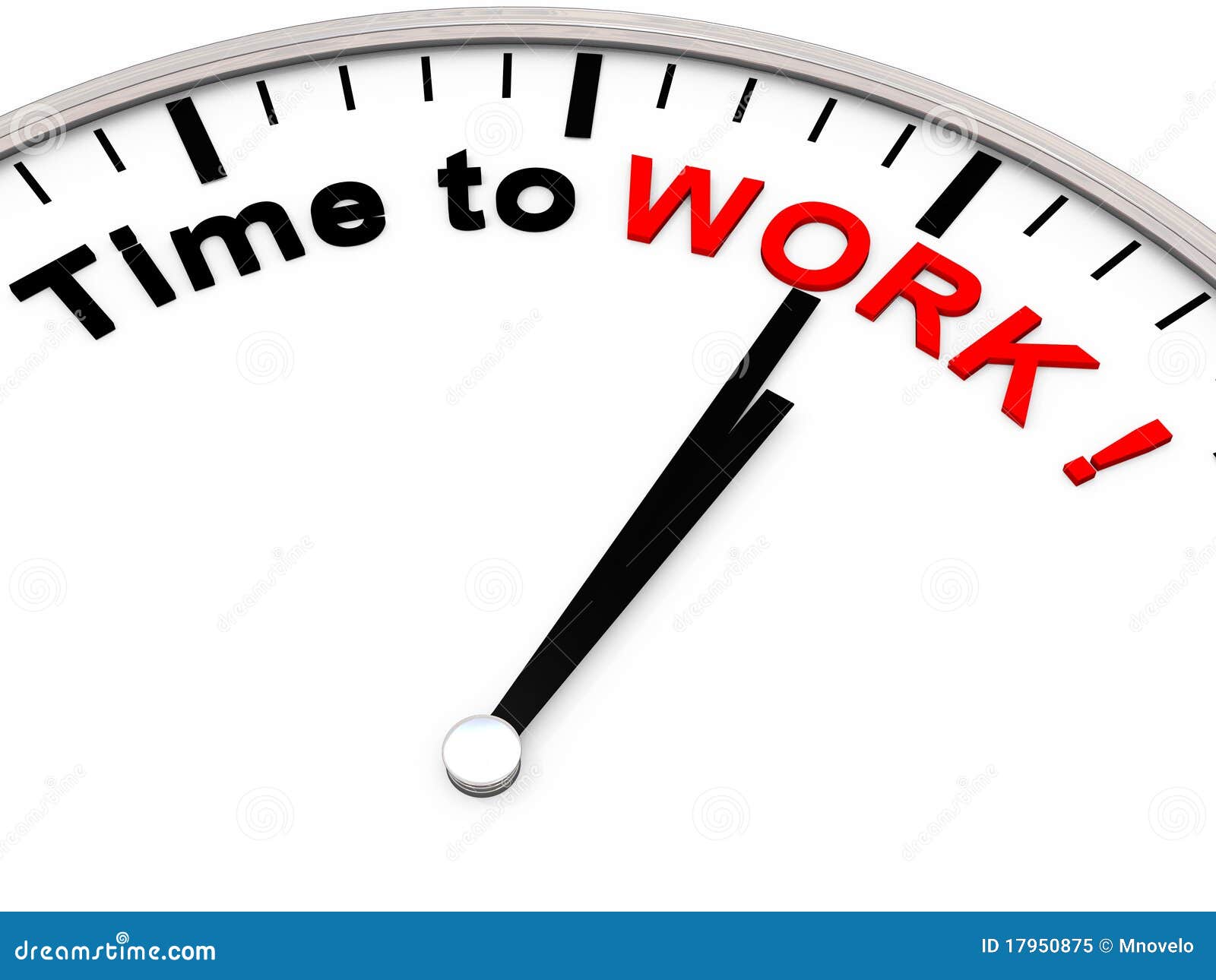
You get to work on time, then proceed to change into your uniform.īecause changing clothes is not considered integral to your work duties, your employer is allowed to have you wait until you actually start working to clock in. For example, say that your job requires you to wear a uniform. Depending on whether you are actually working, your employer may or may not have you wait to clock in. Can an Employer Make You Wait to Clock In? Having this agreement on file is important in case a lawsuit arises. An important way to avoid time record discrepancies is to have both the employee and employer sign or initial the changes to the record. Also, maybe an employee called in sick.Įmployers are allowed to alter the time record to reflect a paid sick day. Employers must alter the time record to show that the employee started their work on time so that they are paid fairly. Certain situations exist in which it is permissible to alter an employee’s time record.įor example, an employee had a busy morning and forgot to clock in, but actually started their work on time. However, if they find that they must alter or adjust the timesheets of their employees, the records must accurately reflect the actual time worked by the employee. Employers, under the FLSA, have a responsibility to keep track of the time records of their employees, in whichever fashion they choose. Is It Legal for an Employer to Adjust Your Hours? If you feel that your employer is punishing you overtime for clocking in a few minutes late, you need an experienced employment law attorney. However, bear in mind that certain federal laws provide protections for employees in these situations.įor example, rounding time up or down must not result in failing to fairly pay employees overtime. While this timekeeping system makes payments a bit easier for employers, it can be very frustrating for the employees. However, if you clock in at 8:08 in the morning, which is over 7 minutes late, your paycheck acts as if you clocked in at 8:15 in the morning. Paying in terms of 15-minute increments is much easier than paying per minute, so many employers use this system.įor example, if you clock in at 8:03 in the morning, your paycheck acts as if you clocked in at 8:00 in the morning. The “7-minute rule” in timekeeping basically allows employers to round worked or unworked time to the nearest 15-minute increment.

What Is the 7-Minute Rule for Timekeeping? This way, you can avoid pay discrepancies before they even happen. Once you realize that you forgot, clock in, and then immediately let the manager know about the incident.

So long as you start your work on time, you must receive pay for all hours worked. According to the FLSA, employers must pay their employees for all time worked, regardless of what the time clock says.Īdditionally, employers are not allowed to reduce or dock your pay as a result of: This was just an accident, and in this scenario, the law is on your side. Once you realize you forgot to clock in, you begin to wonder if your employer will refuse to pay you. You arrive on time somehow and get straight to work. Let’s say you had a stressful morning with car trouble, traffic, or some other happenstance that keeps your mind far away from clocking in once you get to work. Can My Employer Refuse to Pay Me if I Forget to Clock In or Clock Out? If you or someone you know needs a knowledgeable employment law attorney, call Schall & Barasch today at (856) 242-8491 to schedule your consultation. With the help of a dedicated labor and employment law attorney, we work hard to put you in the best position for a favorable outcome. So, we understand what it takes to win cases on behalf of the everyday New Jersey citizen. We tend to limit our practice to cases against employers rather than employees. We also work closely with our clients to ensure that they are treated fairly at the workplace. Our attorneys pay very close attention to the Fair Labor Standards Act. If you’re unsure about whether or not your employer acted unlawfully, we recommend contacting an experienced New Jersey employment law attorney.Īt Schall & Barasch, we represent clients in a wide range of cases, including:

Not all of these tactics are illegal, but some certainly are.

Examples of these tactics include limiting shift lengths and preventing overtime in their employee’s schedules. Sometimes, employers use shady tactics to limit how much they pay their employees, especially when it comes to hourly workers.


 0 kommentar(er)
0 kommentar(er)
